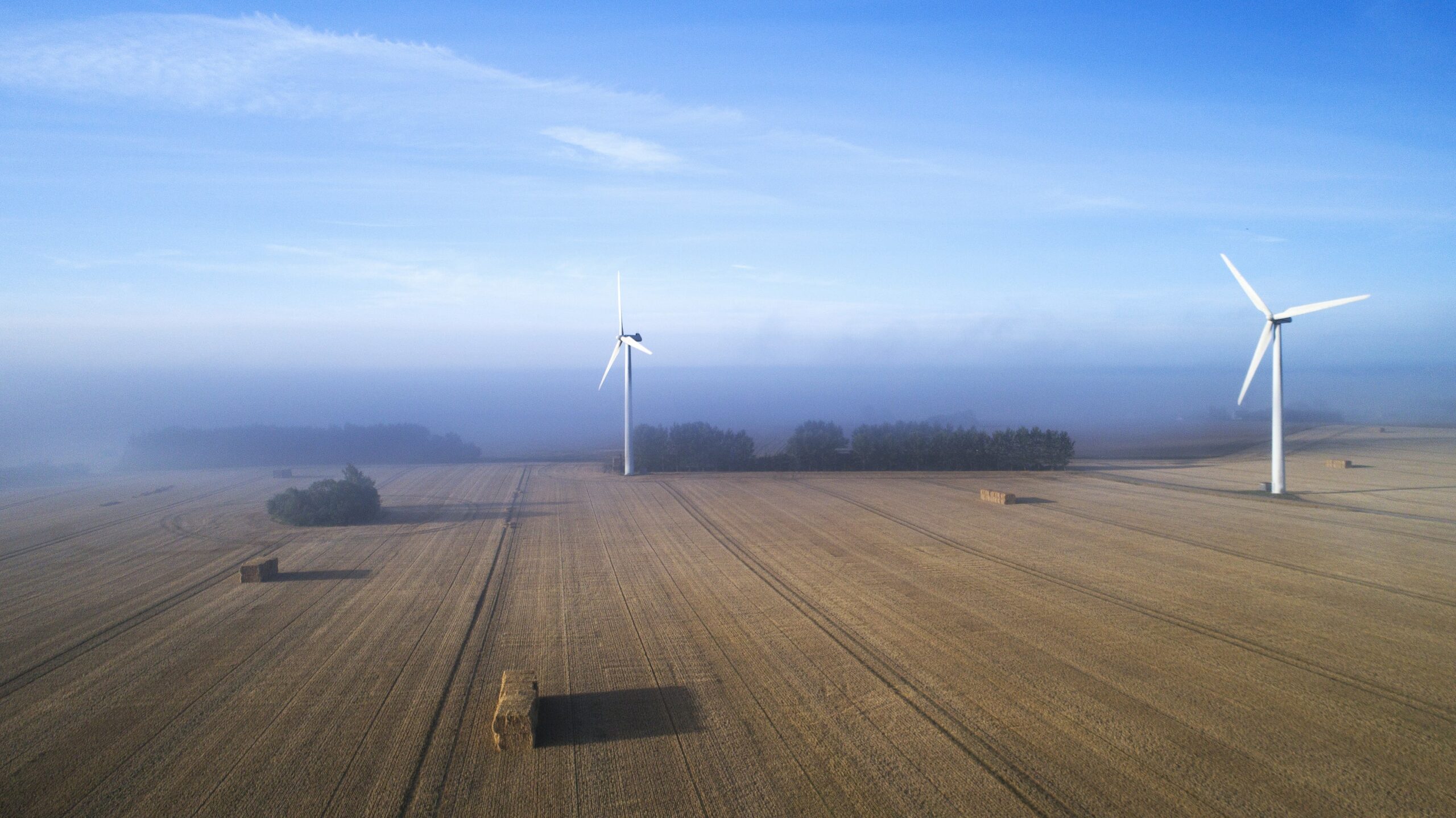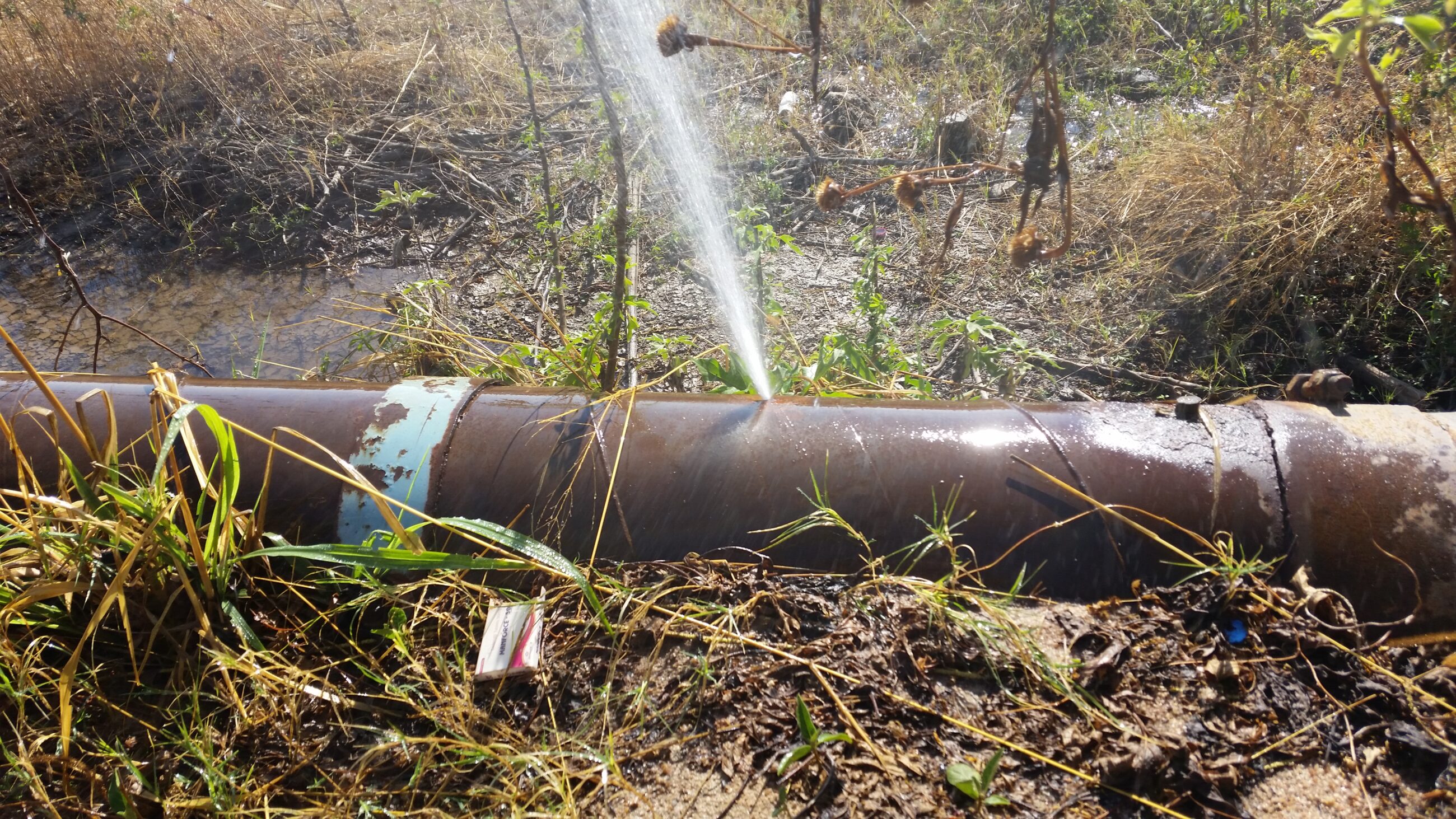News
Smart cities
Urban infrastructure planning
Urban mobility
Smart traffic system in Aarhus reduces fuel consumption


The prospect of connected cars that can eliminate traffic on the roads is one of the main selling points of the technology. Using technology supplied by Danish Blip Systems, the city's road network is equipped with a multitude of Bluetooth sensors. Rather than scanning for connected cars directly, they look for the Bluetooth devices inside vehicles. Since a large proportion of road users now have a Bluetooth-enabled phone, infotainment system or satnav with them, the data collected is accurate enough to represent a real-time view of the network.
The sensors record how many cars pass them within a certain timeframe. The data is then uploaded to a central repository where it can be analysed to get insights into the traffic flow. The software shows how many people use the road, the typical traffic flows during the day and any recent abnormalities that may need to be acted upon.
Photo: Blipsystems
Aarhus TS Project Manager Asbjørn Halskov-Sørensen said the data is "extremely educational" and has already provided a "better environment" for driving in the city. By optimising bottlenecks that the technology identified, traffic now flows more freely and enjoys a higher average speed. This reduces fuel consumption and greenhouse gas emissions, in turn leading to cleaner air in the city.
"The benefits we have gained from the solution since implementation are very significant. We now discover errors and irregularities that we would not have a chance to see otherwise," said Asbjørn Halskov-Sørensen, ITS Project Manager at Aarhus Municipality. "In addition, it is extremely educational and easy accessible to study how the incidents of various kinds influence the road network."
The data is also used to power dynamic road-side signs that help drivers choose the fastest route. They include information on predicted driving time, the weather conditions on the route and any alternative roads to take. The data constantly changes based on the Bluetooth signals from drivers.
Aarhus has quietly had the technology installed since 2015. It is one of several cities worldwide that Blip Systems is working with to pioneer connected traffic technology.
Bangkok, Zurich, Stockholm and Auckland are among the others using Bluetooth signals from within the car to measure traffic flow. With the true Internet of Things still just out of reach, this alternative approach seems to be a just-as-good way of helping traffic planners and motorists to streamline journeys. Blip Systems has also installed its technology at airports and special events in an effort to make travelling simpler.
Source: digitaljournal.com, City of Aarhus, Blipsystems















